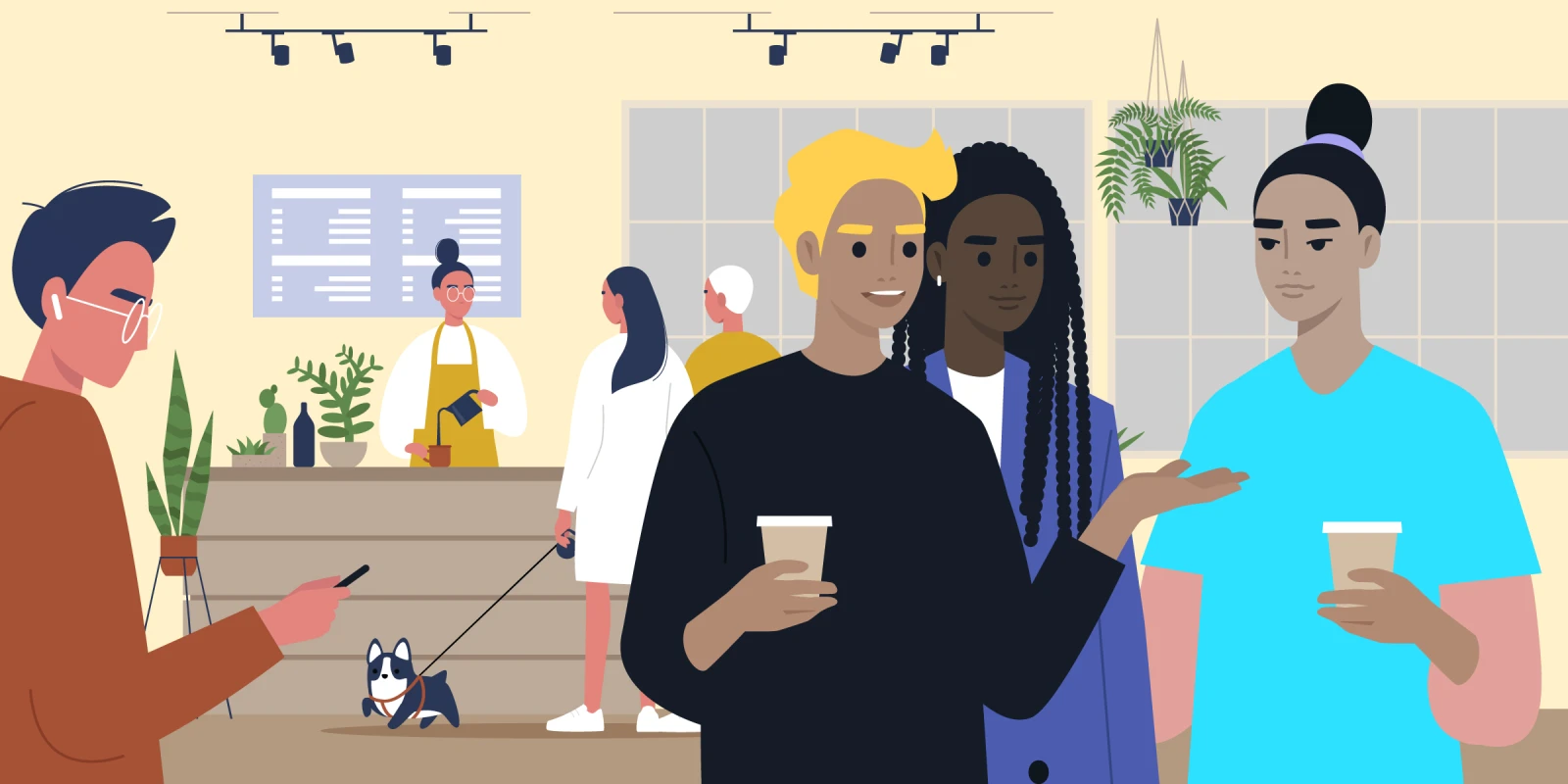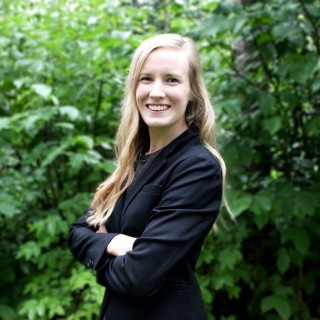I was standing in the local coffee shop, the ONLY local coffee shop, waiting for my lunchtime chai latte. My preceptor had a meeting after lunch, so my break had been extended to a generous hour and a half. I was scrolling through Instagram as I waited when a couple of new customers walked in the door, two teenage girls.
I immediately recognized one of them as a patient from that morning. I instantly felt self-conscious. Was the patient aware of my guilty-pleasure social media scrolling? What had I said to her earlier in the day? Had I been kind to her during her appointment? Had she thought it was awkward when I brought up her birth control method?
After the momentary panic of recognizing a patient outside of the clinic, my thoughts went to something my preceptor had said previously. “Being a rural medicine doctor can make you more accountable.” The words had stuck with me when he had first said them, but suddenly I understood them in a new way. Here I was, minding my own business, ordering tea, when a patient I had just met stood in line ordering her coffee 10 feet from me. Everything I had said and done in that appointment now meant more. Now she was no longer the teenage girl presenting with a rash, now she was my neighbor. Literally and figuratively in a town of 1,300.
My preceptor had told me about how patients would approach his wife in the grocery store, telling her how their appointments had gone and what he had done as their doctor. Due to HIPAA privacy laws, his wife often wouldn’t know that these people were even her husband’s patients — until she was selecting the best oranges at the Co-Op. Suddenly, she was held more accountable too.
Seeing your patients daily outside of the clinic creates a dynamic relatively unique to rural practice. Not only can patients rate you on healthgrades.com, but they can also literally walk up to you at the bar, the grocery store, or the coffee shop and ask you about their ailments. If you said something that was perceived as rude, they might tell their sister … who might tell their bartender … who might tell his girlfriend … who might be the nurse working with you at the clinic the next day. In short, you can’t walk away from the clinic and keep your anonymity. You are held more accountable simply by the fact that your neighbors are your patients.
This can have the effect of making you feel like you are constantly being watched. You are never free to walk away from your job and resume life as a typical member of the community. As a doctor in a small town, you are often viewed as a leader. Everyone is aware of your education status (and relative monetary status) and may expect you to act in ways that conform to their ideas of educated, wealthier individuals. Some physicians do not want to face this challenge. Many people like to leave work, get a drink with friends, and not fear a patient walking up and saying hello. Instead, in a small town, going to a bar with friends almost guarantees that you will run into at least one patient.
This heightened accountably can drive clinicians away from rural areas. But it can also force them to grow, to challenge themselves to become the best caregivers possible. Though it can be nerve-racking to stand next to your patient in line at the coffee shop, it can also be incredibly rewarding. You can see the difference you are making in the community firsthand. Your impact is evident everywhere you look, from the patient who can now play high school football again to the patient who is finally able to go home to his wife after a hospital stay. You may be inspired to work harder to find the right treatment because you can’t wait to see your patient out in their fishing boat again or holding hands with their loved one as they walk down the street. Your patient-physician relationship may be more complicated — but it is often rewarding and full of trust. You can share with your patient an appreciation of local restaurants, trails, and events. You can become focused not on healing another patient, but on healing your fellow hiker, your fellow church member, your fellow teammate. You become a better doctor for the teenager in the coffee shop.
Have you encountered patients outside the exam room? Was it awkward? Enjoyable? Unmemorable? Share your stories in the comments!
Bailey Wolding was born and raised in Appleton, WI before attending University of Wisconsin – Madison for her undergraduate degree. She graduated in three years with a biology major and then spent one year as a sea kayak and cross country ski guide in Northern Minnesota. She is now in her fourth year of medical school at Des Moines University in Iowa and enjoys camping, canoeing, running, baking bread, gardening, and playing with her dog, Lana. She is a 2020–2021 Doximity Op-Med Fellow.







